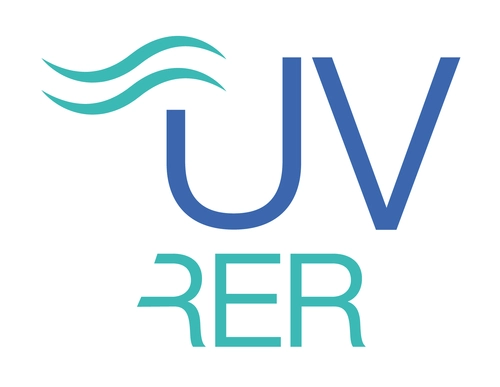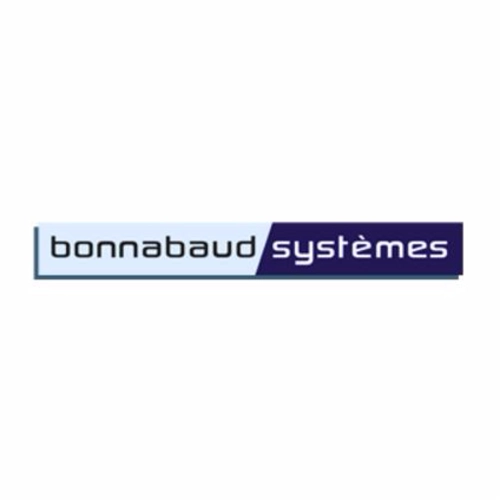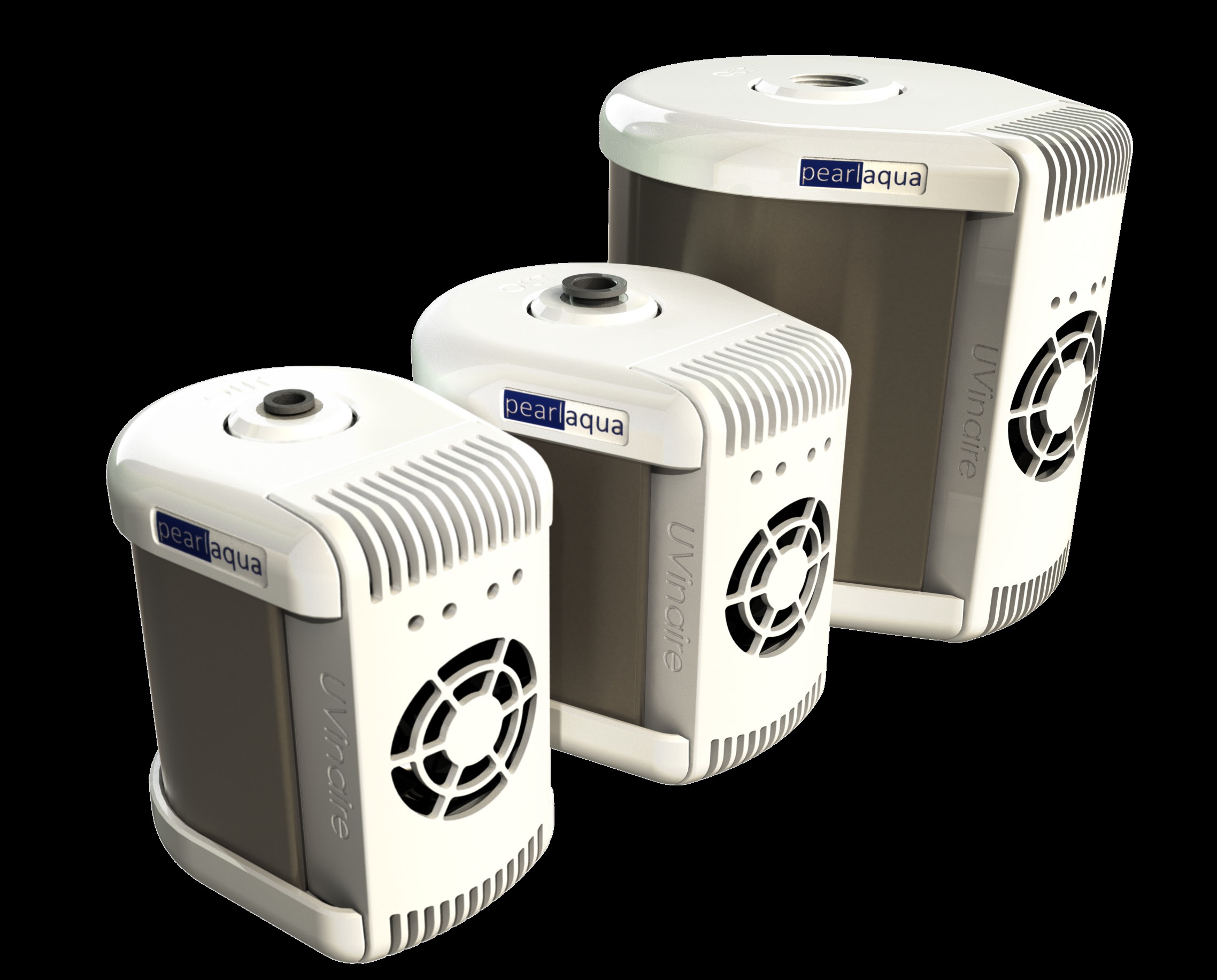Can ultraviolet (UVc) destroy Covid 19 in water?
2 answers
Since the 1980s, UVc rays have been used for industrial water disinfection purposes for obvious reasons: with a wavelength of 254 nm, type-C ultraviolet is capable of inactivating and destroying the micro-organisms (bacteria, viruses, moulds) present in the fluids, without using chemical products . At UVRER , we have specialized in ultraviolet water disinfection since 1982 .
Sars-CoV-2 is a weak germ ; a single UVc dose of approximately 3 mj/cm2 is sufficient for effective destruction*. In addition, our systems deliver UVc doses of 40 mj/cm2 , which guarantees optimal disinfection of fluids , including for water purification (which requires irreproachable quality).
The only additional criterion to take into account is the transmission (clarity) of the water to be treated. In fact, depending on its quality, the disinfection capacity of UVc light varies . To remedy this, it is necessary to carry out a pre-filtering, to control the thickness of the layer of water in the system and to adapt the disinfection power.
Since 1982, our expertise has enabled us to determine and design the most appropriate equipment to meet your specific problem: we are therefore able to provide you with the system you need.
- Discover UVRER: https://www.uvrer-anemo.com/
- Contact us for more information: https://www.uvrer-anemo.com/contact-societe-rer-et-anemo-france
*According to the study published by Research Gate “2020 COVID-19 Coronavirus Ultraviolet Susceptibility”.
In 1 word? Yes !
UV-C lamps are particularly effective in destroying the DNA of viruses, bacteria and other microorganisms. Hundreds of laboratory studies have proven this. Research against covid-19 (SARS Cov-2) very quickly proved the effectiveness of UV-C in this fight.
https://ba73e92b-c35c-4989-b797-aaca2a590721.filesusr.com/ugd/147ddb_dc087f7d5b16458ca4cbffe445edf2f5.pdf
Tube or LED?
Historically, for want of anything better, the technology used was that of tube lamps. The ionized gas in the tube scatters precise radiation with a wavelength of 254 nm. This provides good general efficiency.
Thanks to AQUISENSE, the UV-C LED has become the breakthrough technology. As a world leader, both technological and commercial, their range is very wide:
https://www.lampe-uv-led.fr/pages/nos-produits/nos-produits.html
…and has the following main advantages:
Compact Low energy consumption No water heating Shock resistant Unequaled longevity
Before any acquisition, the important points are as follows:
What is the throughput of your installation? What is the available space? Install a pre-filter before the UV-C lamp, to keep it clean. Indeed, UV-C lamps are like lighting lamps: only those that are clean light well.
"Sustainable development" spirit:
Avoid chemicals and disinfectants of all kinds. It's better for you AND the environment. Prefer an LED lamp which cuts off when the flow is zero. For all intermittent uses, you'll get huge electricity savings and a much better longevity of your investment. For the equipment of a variable flow rate installation (house), prefer a controlled lamp whose radiation intensity will be indexed to the water flow rate.
It is with pleasure that we will answer any new questions that you will ask us.
https://www.lampe-uv-led.fr/contact/request-de-renseignements.html
Questions on the same topic
How to change UVRER DFI UV lamp and quartz?
Last response: Tighten the centering ring at the end of the device, Insert the lamp and screw it.
We are looking for a solution to make the water from the well of our future (old) house drinkable, not connected to the collective drinking water network. Recommendations?
Last response: Hello, It is important to carry out an analysis of your water before taking any action. This will make it possible to determine the physicochemical parameters of the latter and highlight the... Read more
I am looking for a uv treatment to treat borehole water for a guest house. What do you recommend?
Last response: Hello, BIO-UV specializes in the design, manufacture and marketing of UV reactors and ozonators (Triogen). In order to send you a suitable technical proposal, we would need additional information... Read more
How is UV water treatment done? (process)
Last response: The principle of ultraviolet water treatment is simple: it involves passing the water, after filtration, through a reactor containing one (or more) UV lamps to disinfect the water. How it works ? Read more
I would like to treat well water against enterococci, can UV treatment be suitable?
Last response: Hello, To treat the water of a well, I invite you to put a filter upstream of your UV. There are kits: https://www.1h2o3.com/produit/kit-de-potabilisation-uv-home/ Have a good day
What is the best system for a vegetable shop wishing to recycle its washing water and therefore reuse it in a closed circuit?
Last response: If you are looking for efficiency, go for the Ozone & ZonoSistem
What is the difference between prechlorination and disinfection?
Last response: Hello Pre-chlorination is a process for treating certain reducing compounds at the entry into the potabilisation process. This technique can lead to the formation of undesirable by-products or THMs... Read more
Offering filtration with a bacterial consortium seeded on lithothamne, coupled with UVc, some swimming pool algae remain intractable without chemistry. We were thinking of adding a copper electrolyser or a UV-Ox device. Is this allowed for ERPs?
Last response: Hello, to make it short there are two situations: either the swimming pool is a swimming pool, that is to say disinfected and disinfecting water (therefore de facto chlorinated), or it is an atypical... Read more
I am looking for a reactor combining UVc and Ozone. What do you recommend?
Last response: Company Bio UV very professional and which does not just sell its products but knows how to follow you in the evolution of your projects We tested !!!
Is it possible to do a combined UV-C ozone treatment for swimming pools? If so, what are the benefits?
Last response: The oxidation of swimming pool water operates dechloramination and disinfection: As a preliminary and in an associated manner, the first water treatment for swimming pool basins is filtration... Read more


